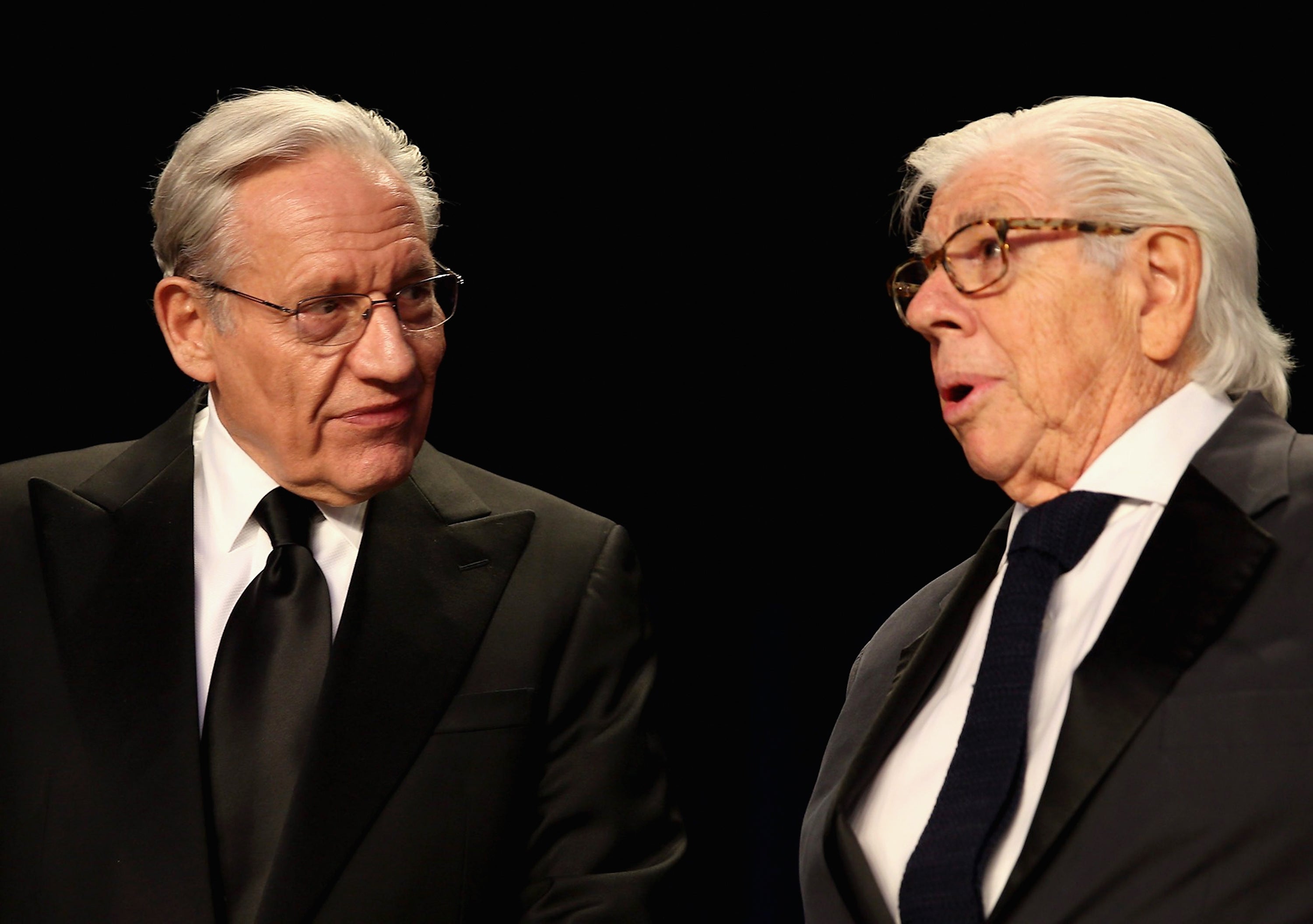Do people not have the right to know if a company is being investigated?
Journalists have been responsible for the slow drip of information that has uncovered scandals – now their job is becoming even harder, writes Chris Blackhurst


Not for the first time I’m writing that I became a journalist because I watched a film and read a book about two journalists bringing down the most powerful man in the world. No shots were fired; they did so by gnawing away, terrier-like, by exposing a cover-up.
When I give talks to students on journalism courses, I find myself citing Watergate for another reason. Imagine if there was a similar occurrence here in the UK, would we be able to plod away, day after day as Robert Woodward and Carl Bernstein so famously did? Would we, in the end, get the full story?
The fact is that we imagine that this country is a paragon of liberal openness, that finding out things about the rich and powerful that they would rather you did not discover is relatively easy compared with elsewhere. Certainly, where the likes of China or North Korea are concerned that is a given, but do not suppose for a second that British journalists push at open doors. We do not.
Already, we have some of the tightest libel laws in the world, stricter for example than those in the US. Information that ought to be public is anything but – many is the time I’ve received what I hope to be an official document containing the details I am seeking only to find out it is heavily redacted. Or I am told in no uncertain terms it is simply not available.
Public records, accounts of what government paid for by us, elected by us, were doing in our name, remain under lock and key.
Recently, we’ve witnessed the absurdity of the archive of Lord Mountbatten’s papers being saved for the nation only for an author, Andrew Lownie, to be required to spend £350,000 of his own money to force, yes force, the holder of the archive to make the material available. And he has still not succeeded, some of the documents remain hidden.
Now, though, the barrier to holding those in positions of power to account has been toughed further. The Supreme Court has ruled that Bloomberg cannot report that a senior executive “ZXC” at a publicly listed corporation with billions of pounds of revenue was under criminal investigation. To do so, concluded the court in Bloomberg LP v ZXC, would be an invasion of his privacy.
The judges decreed that his company’s investors, customers and the public, had no right to know about the investigation.
This was not a story about someone’s private life, about the state of their marriage, a relationship, their health. Neither were children being identified. Tales like those, most people would concede, should remain private. No, this was concerning their business activities, and behaviour, should it have become public, that might well have forced shareholders and others to take a dim view of them and their company.
Public records, accounts of what government paid for by us, elected by us, were doing in our name, remain under lock and key
There was no question of there not being an investigation – he was under investigation alright. But because he had not been charged the court decided its existence could not be revealed.
What happens then is that once someone is charged onerous reporting restrictions kick in. The proceedings are automatically sub judice and should the presiding judge determine, fiercer reporting rules can be applied. What’s occurred, what brought them to this point, all that, can remain secret. The investors who are trusting the accused with their money, the staff who are dependent on the defendant for their future livelihoods, suppliers who also look to the company for income, customers who buy their products possible on ethical grounds – they are all kept in the dark.
Seeing as rich people can afford the most expensive, aggressive and clever lawyers to defend them that may well be how it remains. The case might not proceed on a technicality, but the substance of the investigation will never be known.
There is too, a certain naïveté on the part of the judges. Tongues wag, gossip circulates, incorrect information takes hold rather correct. But the latter cannot be published.
All the major scandals of our time – Robert Maxwell’s frauds, Asil Nadir’s dealings, the sale of BHS and failure to cover its pension fund, to name only three – have been exposed via the same journalistic route, on a slow, drip-drip. That tap has now been turned off.
What has influenced the court is previous instances of tabloid excess and in particular the hideous, unjustifiable pillorying of Sir Cliff Richard. Indeed, the Richard case is cited in their judgment.
It can be argued that ZXC is no different from the celebrity singer, and that is what the judges concluded. They’re wrong. A pop star and his private life is not the same as a corporate executive and their business activities – they are quite separate. The court is barring shareholders from knowing what the company they’re investing in has been doing – which seems perverse.
It’s as if the judges do not trust investors, media, public to make up their own minds. It may not be charged but where a company I am entrusting with my money is concerned I would like to be aware of what it has been doing that has caused it to be investigated. After that I can decide – but the court is denying me that ability. Better, they are saying, that I remain blissfully ignorant. That cannot be right.
Join our commenting forum
Join thought-provoking conversations, follow other Independent readers and see their replies
Comments


Bookmark popover
Removed from bookmarks